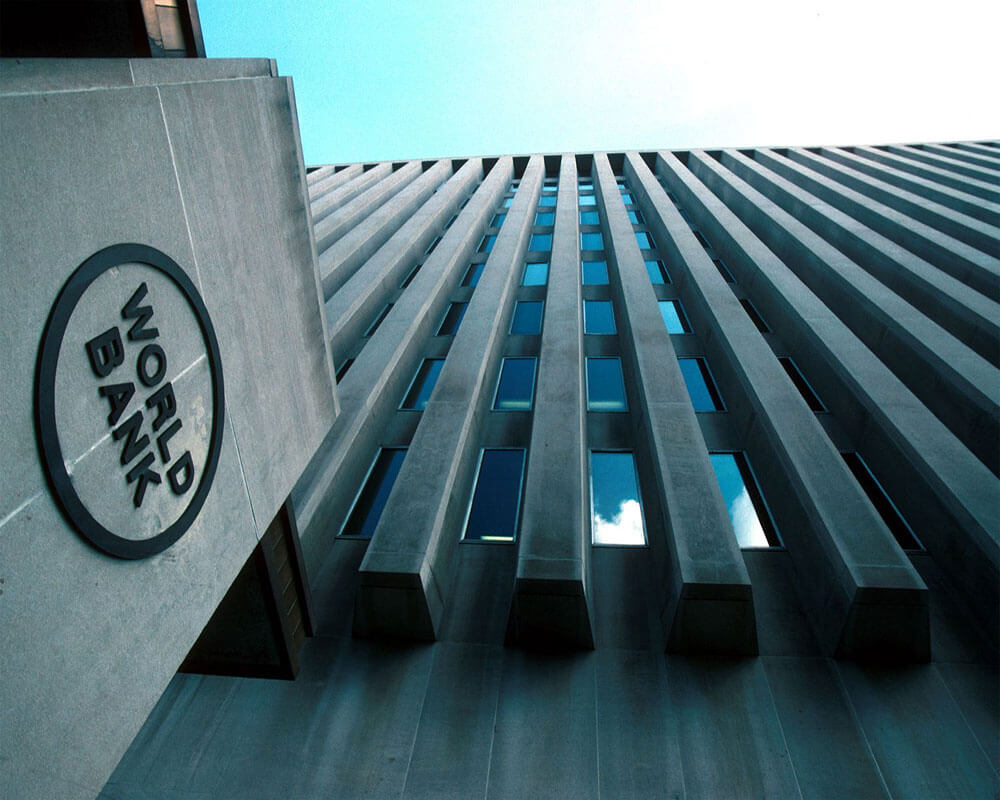A new report released by the United States (US)-based think tank Centre for Global Development (CGD) claims that China, with over $66 billion in total capital, has surpassed Japan to become the world’s second-largest contributor to international development banks. These banks provide approximately $200 billion in subsidised loans to poor countries each year.
The CGD report details how China is now the world’s fifth-largest overall donor across all development-focused United Nations (UN) agencies, including the UN Development Programme, the World Food Programme, and the World Health Organisation.
Although Beijing is a recipient of loans and other aid from multilateral institutions such as the World Bank and UN agencies, it has also simultaneously emerged as one of the world’s most powerful donors. Additionally, the think-tank carried out a comprehensive study of China’s role at 76 global institutions and said that, as a “major donor, shareholder, aid recipient, and commercial partner of international institutions,” China’s role has been elevated to a “uniquely influential position.”
Against this backdrop, China’s expanding role at international institutions and its role as the world’s largest creditor has raised concerns in the West and globally in recent years. However, Scott Morris, a senior fellow at the centre, cautioned against viewing China’s increasing role at the banks as a threat. “There’s been a lot of attention to China’s Belt and Road (BRI) lending to developing countries, but a lot less on its growing footprint at global institutions like the World Bank. This isn’t necessarily a cause for alarm. It’s better for everyone to have China working inside the system instead of outside of it,” he remarked.
Part of the increase in Chinese donations has been driven by “automatic contributions” based on the size of its economy, given that China is now the world’s second-largest economy, behind only the US. However, Beijing has also made significant efforts to ramp up its voluntary donations. This includes the International Development Association, which is the World Bank’s lending channel for low-income economies, where Beijing is now the sixth-largest donor.
The report also said that recent findings could “point to the need for further scrutiny in some areas” and for “reasonable efforts to temper China’s dominant position” to prevent the country from undermining development goals. This includes China’s role as a major lender to dozens of poor nations through the Belt and Road Initiative. In fact, China has frequently been accused of practicing debt-trap diplomacy with economically vulnerable countries in exchange for political influence and control over critical industries.
In this regard, the report concluded that “Chinese firms have come to dominate (multilateral development bank) commercial contracts to a degree that undercuts political support for these institutions in other countries.”
China Passes Japan to Become Second-Largest Contributor to Int’l Development Banks: Report
China is the world’s fifth-largest overall donor across the range of United Nations agencies focused on development, including the UNDP, the WFP, and the WHO.
November 19, 2021

IMAGE SOURCE: AP
